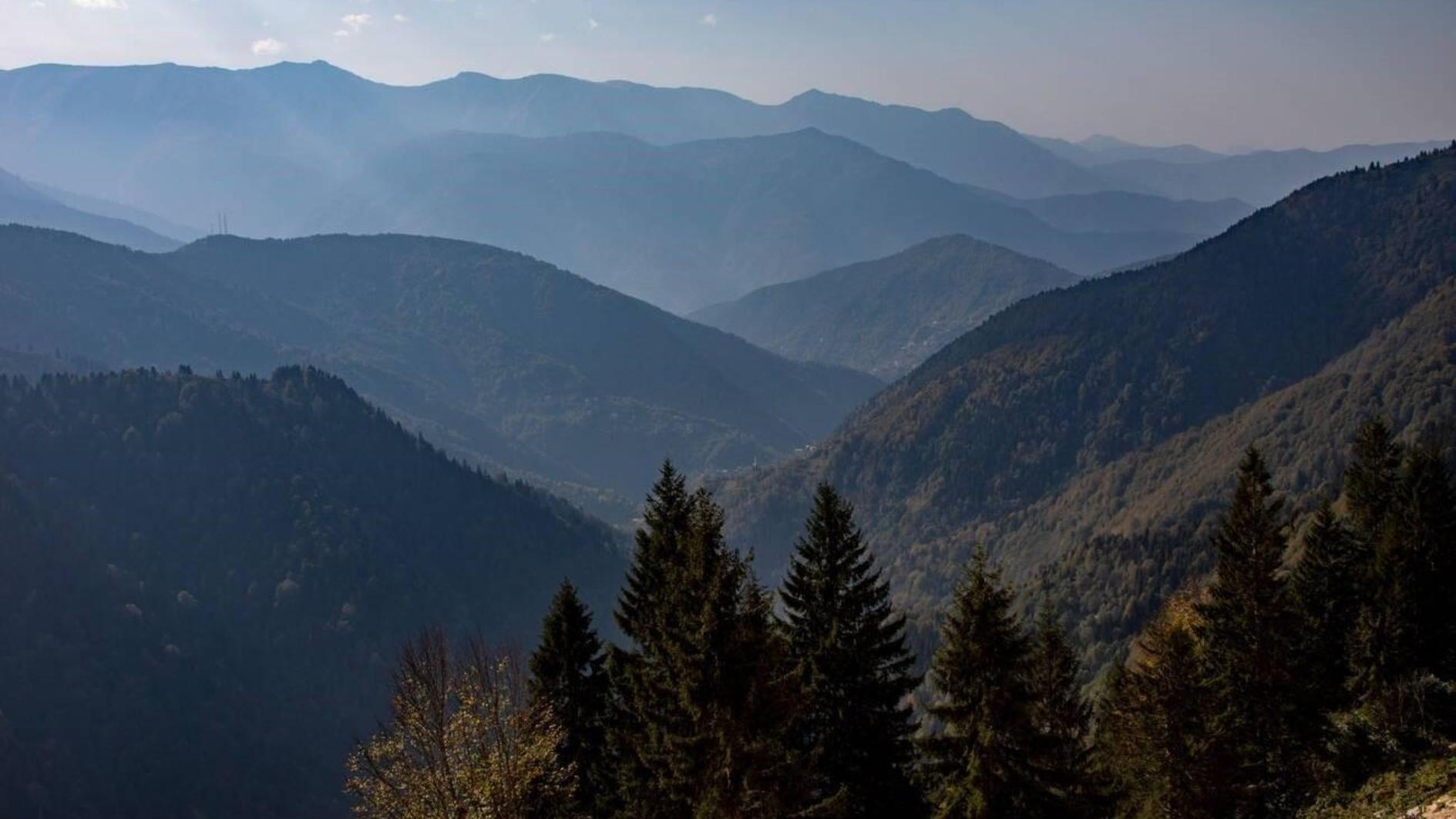
Eight sites from the Black Sea region have been added to Türkiye’s list of top 100 geological heritage sites and key geological areas, following a comprehensive workshop in the capital Ankara.
The workshop convened to pinpoint the country’s most crucial geological heritage sites and key geological areas for national and international recognition including prospects to be placed on lists made by the International Union of Earth Sciences.
In 2022, Cappadocia and Pamukkale were included in the list of 100 geological heritages of the world by the International Union of Earth Sciences.
The workshop was spearheaded by the UNESCO National Commission for Türkiye, the General Directorate of Mineral Research and Exploration, the General Directorate for the Protection of National Heritage (TMMOB), the Chamber of Geological Engineers, and the Association for the Protection of Geological Heritage.
The gathering saw the inclusion of eight sites from the Black Sea region into the list, namely, Çağrankaya Obsidian deposits in Rize, Karaca Cave, Aşağı Gökdere Ammonitico-Rosso facies, ancient mines, Jurassic tree fossils in Dipsiz Lake sites in Gümüşhane, and Çal Cave, Ağaçbaşı and Barma Peatlands from Trabzon.
Geological engineer Professor Dr. Raif Kandemir, presenting the workshop’s findings, delved into the significance of geotourism as a catalyst for extending Black Sea tourism throughout the year.
Geotourism, emerging as a sustainable tourism trend, emphasizes excitement, education and entertainment, fostering an alternative to the traditional sun, sand and sea trio, he says.
"Geosites are needed for this tourism. They are natural assets with appealing looks that reveal an event or process during the formation and evolution of the earth's crust. If geosites are under the threat of extinction, we characterize them as geological heritage," Kandemir explained.
Moreover, Kandemir shed light on the concept of geoparks, essential for fostering geotourism. Geoparks, characterized by natural and cultural heritage, serve as vital centers for geological exploration and education, he argues.
While Türkiye boasts only one UNESCO-registered geopark, the Salihli Kula Geopark, Zonguldak Coal and Balıkesir Ida Madra parks have also applied to UNESCO for recognition.
In the wake of the workshop’s outcome, Kandemir emphasized the potential for establishing geoparks in regions such as Ağaçbaşı and Barma Peat Swamps in Trabzon, Çal Camili Nature Park and Gümüşhane, highlighting the importance of proper planning in leveraging these areas for geotourism development.